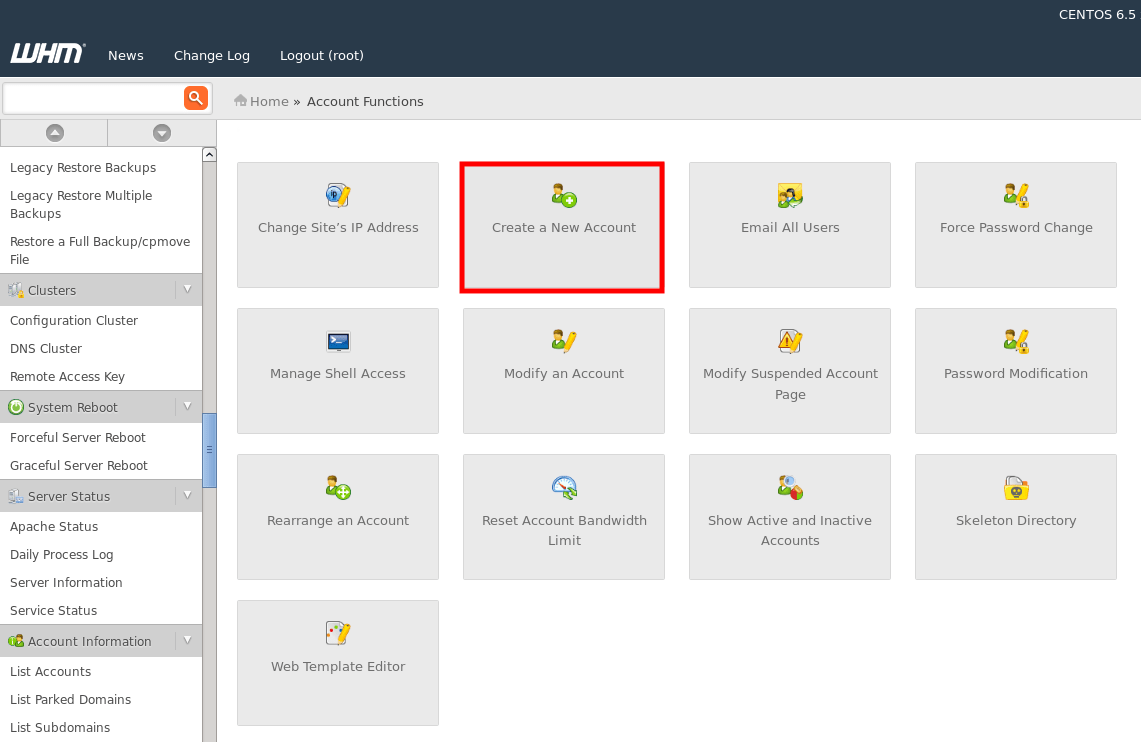Clud Web Hosting Services
Reliable & Secure Solutions
Experience seamless performance with our shared hosting service, starting at just $6.99 a month!
View Details
Cloud VPS Hosting
Budget Linux & Windows VPS
Elevate your online presence with our reliable and robust VPS hosting, starting at just $9.99 a month!
View Details
Hight performance
Dedicated Hosting Services
Empower your medium to large business with our dedicated hosting service, starting at $99.99, offering enhanced security and privacy for your critical data.
View Details
Lease IPV4 Block
Clean IPV4 Address
Unlock the power of our lease IP block service at the most affordable prices, ensuring clean IP blocks that boost your deliverability and enhance your online reputation!
View Details
-
Shared Hosting15 Domains, 210 Nvme Storage
-
Cloud VPS Hosting40 GB DDR4, 500 Gb Nvme
-
Dedicated Hosting128 GB DDR4, 1 TB SSD
-
Lease IP Address256 Clean IPs, 6 Core, 16 GB RAM
